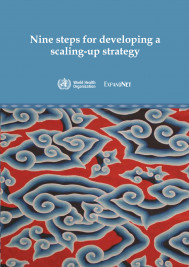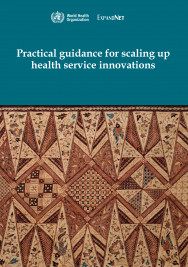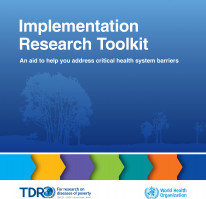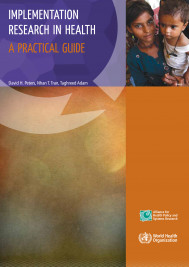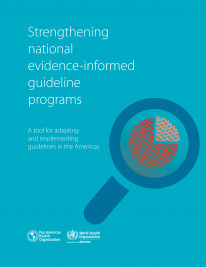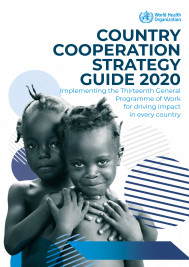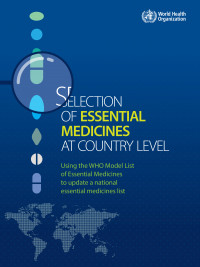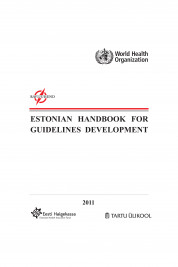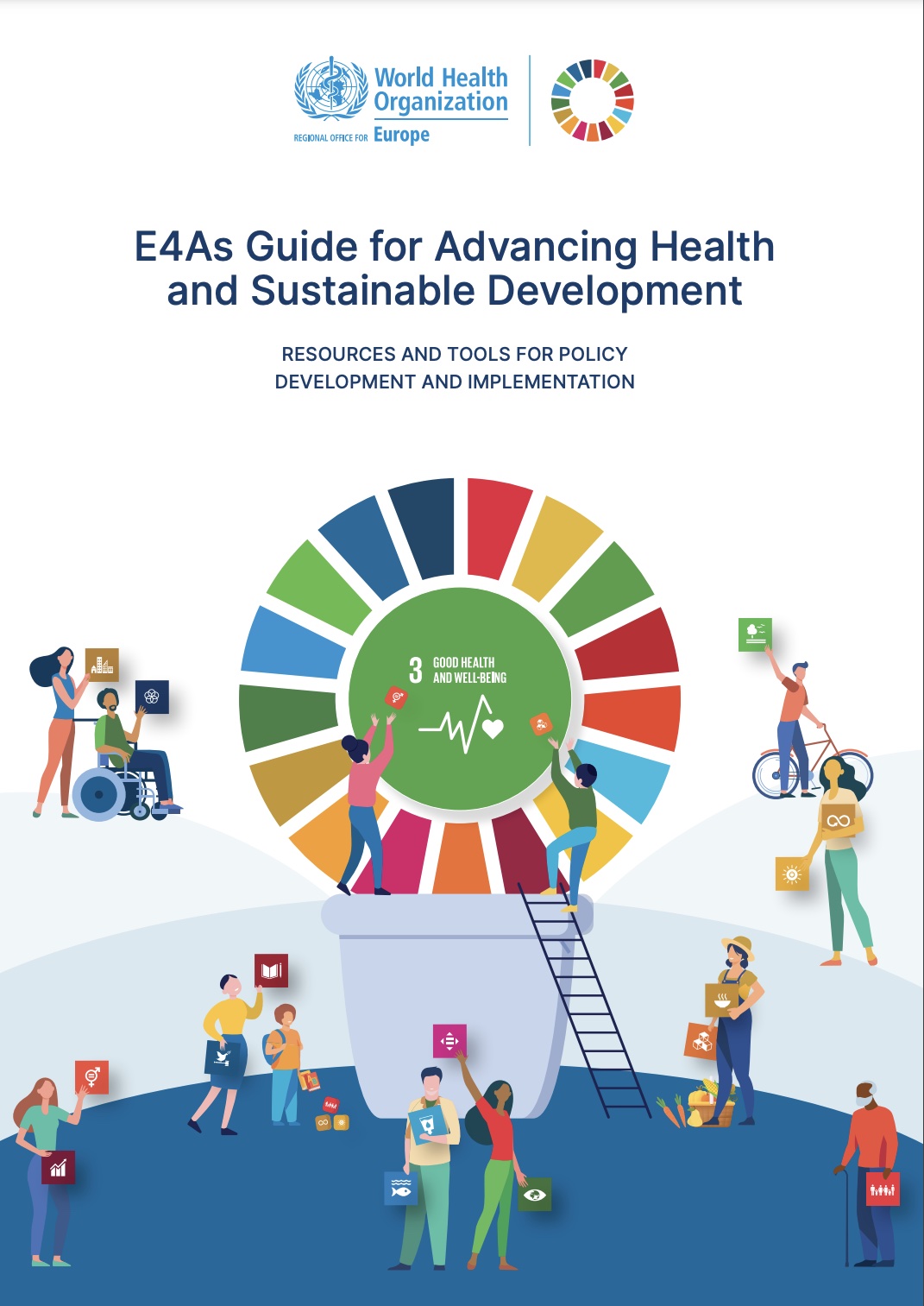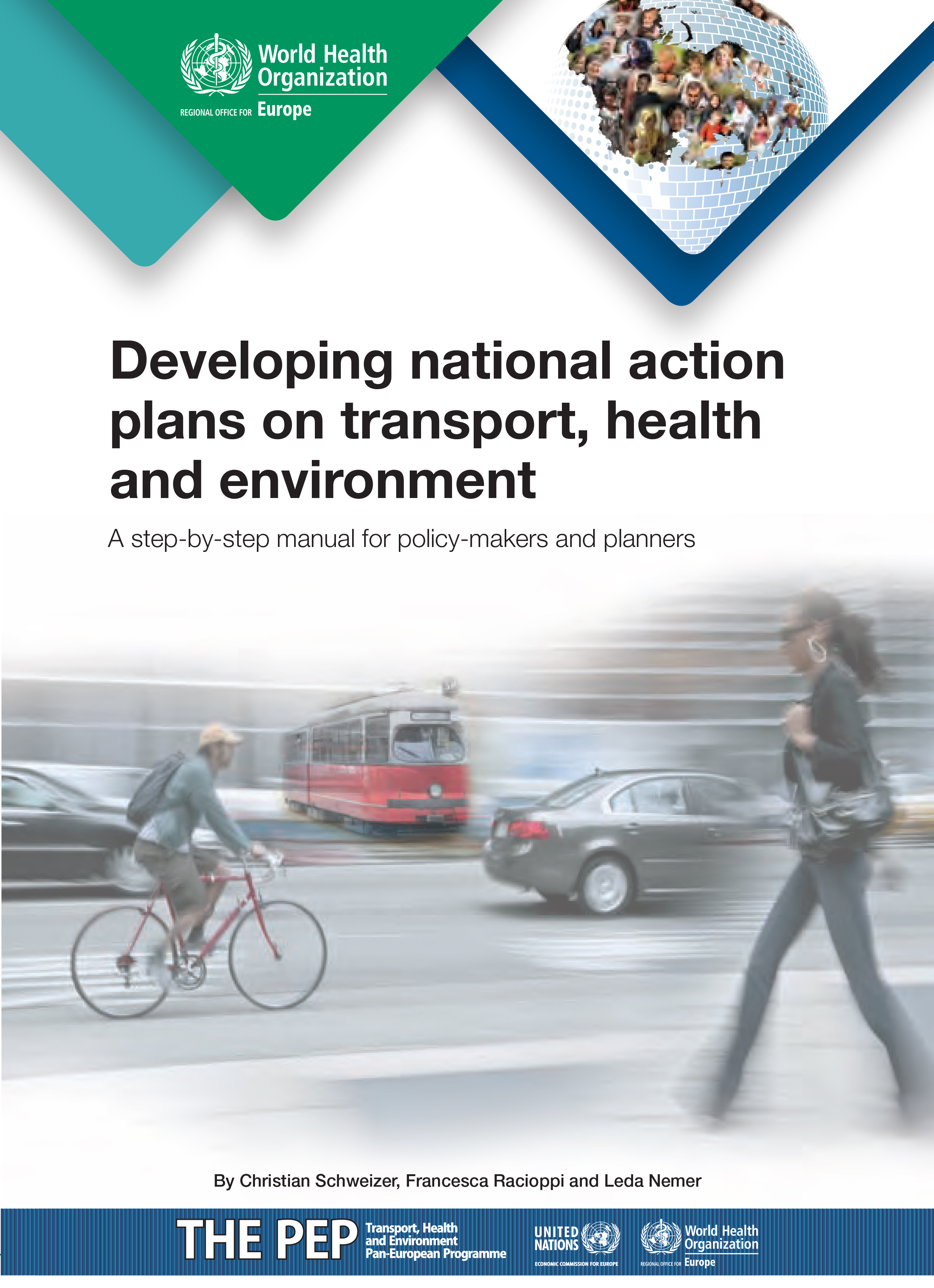Implement/ scale-up
Nine steps for developing a scaling-up strategy
The Nine Steps for developing a scaling-up strategy tool and associated worksheets are based on the ExpandNet framework and provide stepwise guidance to develop a sc...
Practical guidance for scaling up health service innovations
The Practical Guidance tool identifies general scaling-up principles and provides examples from case studies of successful scale-up initiatives. It is helpful at the design stage, during implementatio...
TDR Implementation Research Toolkit
This toolkit provides deeper learning on implementation research, helping people learn a standard process that can lead to results that can be compared across regions and countries. It is designed to...
Implementation Research in Health: A Practical Guide
Implementation issues arise as a result of a range of factors including ‘real world’ contextual factors that are either overlooked or not captured by other research disciplines. Implementation researc...
Strengthening national evidence-informed guideline programs. A tool for adapting and implementing guidelines in the Americas
The purpose of this document is to present policy-oriented and methodological strategies for developing and/or strengthening national guideline programs, focusing on the adaptation of evidence-informe...
Country cooperation strategy guide 2020: implementing the Thirteenth General Programme of Work for driving impact in every country
The Country Cooperation Strategy (CCS) is WHO’s strategic framework to guide the Organization’s work in and with a country. It responds to that country’s National Health and Development Agenda and ide...
Selection of essential medicines at country level: Using the WHO model list of essential medicines to update a national essential medicines list
Since 1977, WHO has been working with countries to design the package of essential medicines as an integral component of treatment within the continuum of care, developing and disseminating the Model...
A Guide for Evidence-Informed Decision-Making, Including in Health Emergencies
This guide aims to bring together the most recent thinking in the EIDM field and to present this in a format that is accessible to a wide audience of EIDM practitioners. It builds on, and contextuali...
Estonian Handbook for Guidelines Development
Clinical practice guidelines are generally accepted as an important tool for improving the quality of clinical care provided by health professionals, as well providing guidance to ensure the quality u...
E4As guide for advancing health and sustainable development: resources and tools for policy development and implementation
Achieving the Sustainable Development Goals (SDGs) requires working in transformative ways. This guide is a compilation of tools and resources for advancing health and sustainable development in cou...
Developing national action plans on transport, health and environment: a step-by-step manual for policy-makers and planners
A national transport, health and environment action plan (NTHEAP) is a key tool and mechanism for developing sustainable and healthy transport in a country. NTHEAPs provide a comprehensive and inter...


